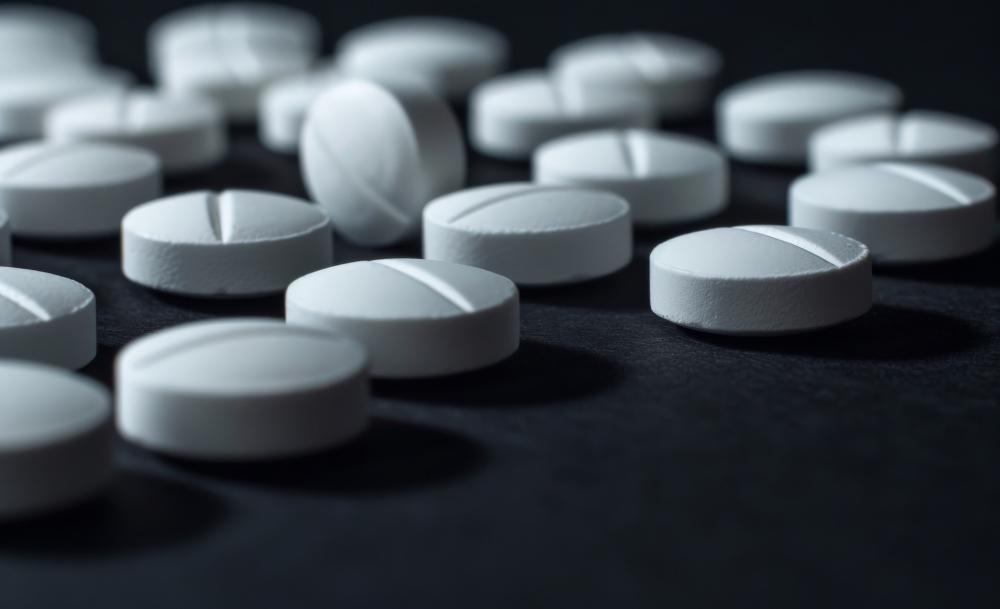Biogen and Sage Navigate Setbacks After Zuranolone Ruling

Biogen and Sage Therapeutics’ highly anticipated drug, Zuranolone, has been the subject of both celebration and disappointment. The Zuranolone FDA approval for treating postpartum depression (PPD) marked a significant step forward in the development of novel psychiatric treatments. However, the simultaneous rejection of its application for major depressive disorder (MDD) has tempered the optimism surrounding this innovative drug.
Zuranolone’s Approval for PPD: A Milestone in Mental Health
The Zuranolone FDA approval for PPD represents a groundbreaking development for women experiencing this debilitating condition. Postpartum depression affects approximately one in seven women after childbirth, often leaving them feeling hopeless and disconnected. Unlike traditional antidepressants, which may take weeks to show efficacy, Zuranolone offers rapid symptom relief within days, providing a much-needed lifeline for mothers during critical periods of recovery and caregiving.
Administered as a short-course, oral treatment, Zuranolone is designed to reset brain function by modulating GABA-A receptors. This unique mechanism sets it apart from existing antidepressants and highlights its potential as a key player in the future of novel psychiatric treatments.
Zuranolone Clinical Trials: Mixed Results
The optimism surrounding Zuranolone is largely based on its success in clinical trials for PPD, where it demonstrated rapid and significant improvements in depressive symptoms compared to a placebo. However, its trials for MDD presented more complex results. While the drug showed promise for a subset of patients, inconsistencies in efficacy and questions about durability dampened its prospects for broader use. These concerns likely contributed to the FDA's decision to reject its application for MDD, a much larger and more diverse patient population.
Future Outlook and Challenges
The rejection of Zuranolone for MDD underscores the challenges in developing treatments for depression, a condition with varied underlying mechanisms and individual responses to therapy. For Biogen and Sage, the next steps involve addressing the limitations highlighted in the Zuranolone clinical trials, potentially through additional studies or a narrower focus on specific patient subgroups.
Despite the setback, Zuranolone’s approval for PPD solidifies its place in the growing landscape of innovative mental health therapies. As Biogen and Sage navigate the regulatory and commercial landscape, their experience with Zuranolone highlights both the promise and complexity of developing transformative treatments for psychiatric conditions.
Latest Reports Offered By DelveInsight:
-
Insights Into The Cutaneous T-cell Lymphoma Treatment Market
-
Roche’s HEMLIBRA: A Game Changer in Hemophilia A Treatment Landscape
-
How Will Emerging Therapies Drift the Amyotrophic Lateral Sclerosis (ALS) Treatment Landscape
-
How are Technological Trends and Innovations Reshaping the Dementia Care






